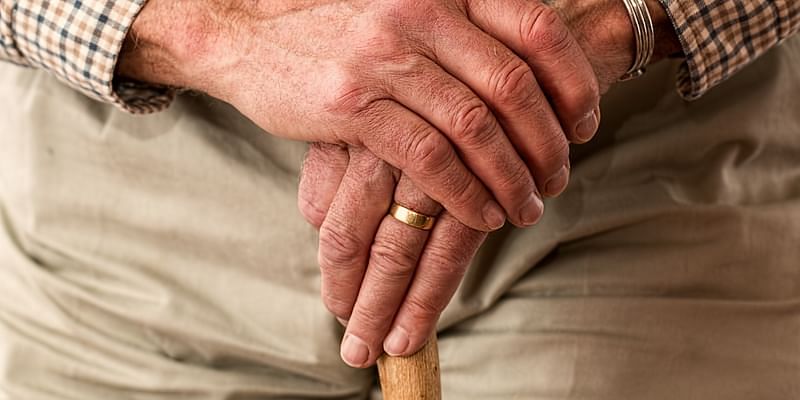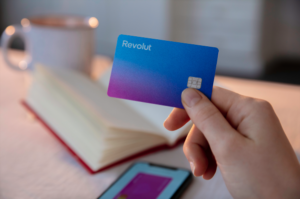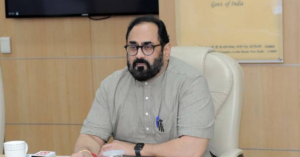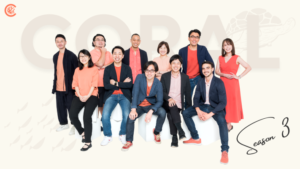The ferocity of the second wave of the COVID-19 pandemic has caused widespread misery, stretching our healthcare infrastructure to its limit and leaving patients gasping for breath. With a grim mood gripping the nation across all quarters amid the rapidly spreading contagion, many are worrying about the safety and well-being of their parents and grandparents.
Several states are resorting to imposing lockdowns and curfews in the hope of breaking the chain of infections and dissuading young adults from venturing outdoors. However, this time, the impact of the pandemic is felt closer to home – where it’s not just the adults and the elderly who are falling sick, but also their children and grandchildren.
“In the second wave of the pandemic, we are seeing a lot of young adults between the ages of 30 to 40 years are getting impacted, and so are children. It is possibly getting transmitted from the parents to the children, and now maybe even from the grandparents,” Dr Jagdish Chaturvedi, ENT Specialist and Surgeon, tells YS.
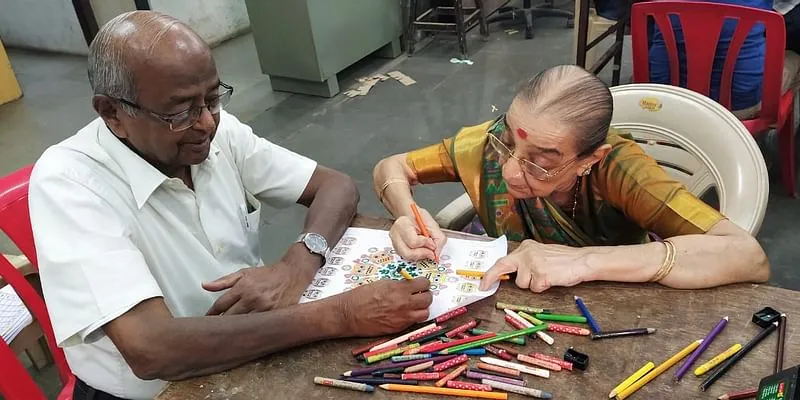
The vaccine
He explains that this doesn’t, however, make the older population less susceptible to catching the virus, especially those living with co-morbidities and pre-existing conditions.
“What has helped is that a significant portion of the elderly population got vaccinated, or at least have had their first dose. While the vaccine doesn’t prevent you from getting the disease, it definitely helps reduce the fatality,” adds Jagdish.
With the vaccination drive now being opened to all adults, he says it is important for everyone to register to get vaccinated.
He explains that the older generations have also understood the importance of COVID-appropriate behaviour like masking, social distancing, and sanitisation, and have imbibed them in their daily routines.
“They now may just have to extend it even at home, as they now may also be the carriers and can transmit it to their children and grandchildren,” says Jagdish.
Mask up and social distancing
To curb the community spread, many doctors and government officials are now advising people to mask up even at homes, especially when they come in contact with young adults and their grandchildren. “The social distancing norms and masks are more important in the second wave, as the disease seems to be more airborne, and the viral overload is higher,” explains Jagdish.
He says the masks ensure that people don’t inhale a large load of the virus. “This will be more important for older people, as their immunity may not be stronger. Also, it allows them to stick to their daily activities like walking in parks by maintaining a distance of at least 10 feet, and interacting with their children and grandchildren,” says Jagdish.
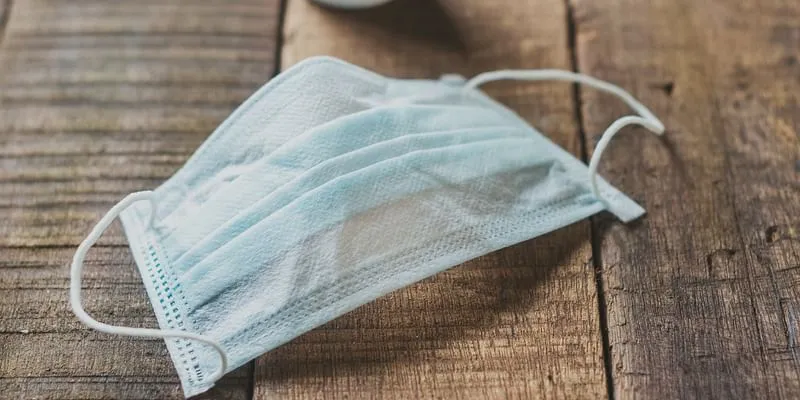
Image Credits: Unsplash
Close monitoring
It also is advisable to get an oxygen concentrator at home. Jagdish explains these can be rented from startups like . The concentrator helps to generate concentrated oxygen from the air, unlike a cylinder which can run out of oxygen. But it also important to rent it only if it is needed or extremely important.
Mudit Dhandtewate, Co-founder and CEO, (under the parent company of Turtle Healthcare Technologies) says their device of the same name also helps with remote monitoring of vitals. It is a thin sheet of sensor that goes under the mattress at the user’s chest level, and monitors the vibrations produced in every heartbeat, respiration cycle, and body movements.
The algorithm converts the data into different biomarkers and monitors a person’s heart rate, respiration, blood pressure, oxygen saturation, and many other clinical parameters continuously. This data is transmitted to a remote dashboard, which can then be shared with doctors.
“The device monitors if there is a drop in oxygen saturation, or the respiration rate changes, especially for those with higher HRTC (high-resolution computed tomography) scores. The device monitors all of this so that you don’t have to do a last-minute rush to the hospital,” says Mudit.
He adds his parents too were tested positive. Remote monitoring helped him track their health and oxygen levels from Bengaluru, while they were in Nagpur.
“We were able to monitor the oxygen levels and find a hospital earlier. Otherwise, many wait until the levels drop significantly. There is a need to catch the trend early,” says Mudit.
Get the right information and care
With several people sharing a flurry of information such as oxygen suppliers and availability of ICU beds on WhatsApp groups and social media, it is important to ensure that most are verified and up to date.
“I have also faced the issue where within minutes, some information becomes obsolete and these need to be updated. We are working on bringing the right information and verified listings,” says Alok Soni, Co-founder of Khayaal, an agetech startup.
Khayaal provides holistic care in six broad categories – including emotional, essentials, nutritional, digital literacy, insurance, and medical. It offers the means for children who are away to care for their elders and provide them with a healthy ageing experience.
With the large majority of the young generation living away from their parents or having immigrated or moved to other cities, Khyaal’s holistic care solutions – which prioritises their emotional well-being – provides an easy way for children to ensure their parents and elders are well cared for.
“There also are several helplines and organisations that provide aid, especially for geriatric care. It is about right monitoring, and following the safety norms and procedures. Try and get your parents vaccinated. It will reduce the unnecessary complications that come with the virus,” says Jagadish.

